Chest Pain 101: Distinguishing Heart Issues from Musculoskeletal Causes and the Role of Acupuncture
Photo by Puwadon Sang-ngern from Pexels
Chest pain is one of the most alarming symptoms a person can experience. As an acupuncturist, I have to rule out heart problems first before treating musculoskeletal issues but not all chest pain is cardiac in origin. Many cases are actually caused by musculoskeletal issues—problems with the muscles, ribs, joints, or connective tissues in the chest wall. Distinguishing between these types of pain is critical, both for safety and for appropriate treatment. Acupuncture can be an effective, complementary approach to managing musculoskeletal chest pain once serious heart-related causes have been ruled out.
WHEN CHEST PAIN SIGNALS A HEART PROBLEM
Heart-related (cardiac) chest pain is often caused by reduced blood flow to the heart muscle, as in angina, or by a complete blockage, as in a heart attack. Key warning signs include:
Pressure, squeezing, or heaviness in the chest
Pain radiating to the arm, neck, jaw, or back/shoulder
Shortness of breath
Sweating, nausea, or lightheadedness
Pain triggered by physical exertion or emotional stress
Important: If you experience sudden, severe, or unexplained chest pain—especially with the above symptoms—seek emergency medical attention immediately.
SIGNS OF MUSCULOSKELETAL CHEST PAIN
Musculoskeletal chest pain originates from the muscles, bones, joints, or connective tissues of the chest wall. Common causes include costochondritis (inflammation of rib cartilage), muscle strain, or nerve compression. Key characteristics include:
Pain that worsens with certain movements or deep breaths
Tenderness to touch in specific spots
Sharp or aching pain that’s localized rather than spreading
Pain onset after heavy lifting, awkward movements, coughing, or prolonged poor posture
Unlike cardiac pain, musculoskeletal pain often improves with rest, gentle stretching, or anti-inflammatory measures.
HOW ACUPUNCTURE CAN HELP MUSCULOSKELETAL CHEST PAIN
Once a cardiac cause has been excluded, acupuncture can be a safe and effective therapy for chest pain caused by muscle tension, inflammation, or nerve irritation.
1. Reduces Pain and Inflammation
Acupuncture stimulates the release of endorphins and enkephalins—natural pain-relieving chemicals—and has been shown in studies (Journal of Pain Research, 2020) to modulate inflammatory pathways. This can especially help with costochondritis which is an inflammatory response in the front of the ribs and sternum.
2. Relaxes Tight Muscles
By targeting trigger points and specific meridians, acupuncture can relieve intercostal muscle spasms and improve mobility of the ribcage.
3. Improves Circulation and Healing
Increased microcirculation at the needle site speeds up the removal of inflammatory byproducts and promotes tissue repair.
4. Calms the Nervous System
Acupuncture helps regulate the autonomic nervous system, reducing stress and tension that may contribute to chest wall discomfort.
SCIENTIFIC EVIDENCE SUPPORTING ACUPUNCTURE FOR MUSCULOSKELETAL PAIN
Several studies provide evidence for acupuncture’s role in managing non-cardiac chest pain and musculoskeletal discomfort:
A 2018 randomized controlled trial in the Journal of Pain Research found that acupuncture significantly reduced pain intensity and improved functional mobility in patients with musculoskeletal pain syndromes compared to sham acupuncture.
A 2015 systematic review in Cochrane Database of Systematic Reviews concluded that acupuncture was effective in reducing chronic musculoskeletal pain, likely through modulation of central pain pathways and anti-inflammatory effects.
A 2020 study in Medicine (Baltimore) observed that acupuncture improved outcomes in costochondritis patients, reducing pain scores and enhancing quality of life.
Mechanistic studies show that acupuncture influences the release of neuropeptides such as substance P and calcitonin gene-related peptide (CGRP), which are associated with inflammation and pain transmission.
These findings support acupuncture as a complementary, evidence-based option for treating chest wall pain once cardiac causes are ruled out.
THE BOTTOM LINE
Chest pain is never something to ignore. The first step is always to rule out life-threatening cardiac causes with a healthcare provider. If the pain is musculoskeletal, acupuncture offers a gentle, drug-free option to relieve discomfort, reduce inflammation, and promote healing—helping you breathe, move, and live more comfortably. Always seek out a Licensed Acupuncturist (L.Ac.) to ensure the best treatment.

